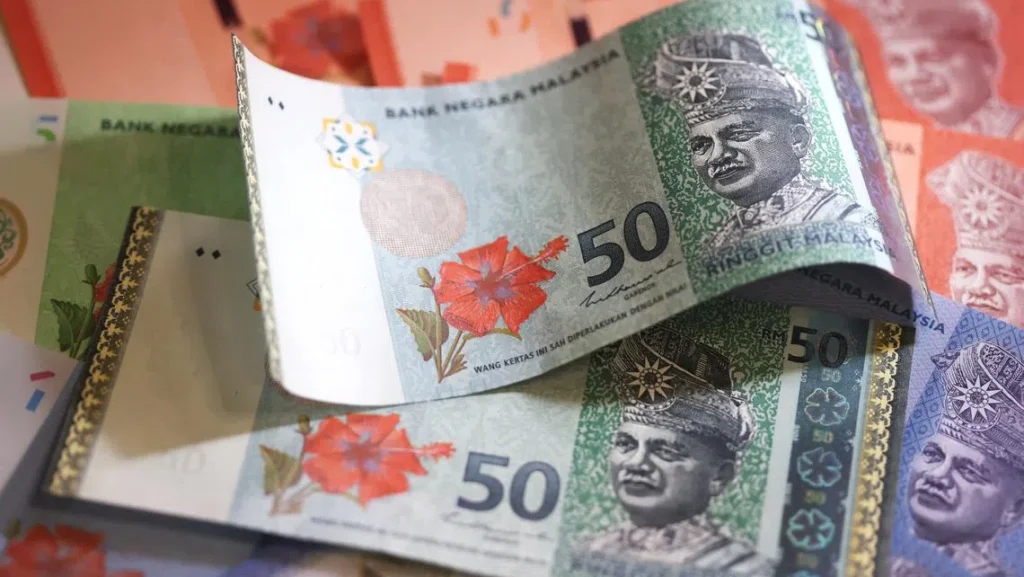Singapore – Retirement across Asia is being reshaped by demographic change, rising costs of living, and evolving family structures. For many baby boomers, letting go of long-held possessions is becoming more than just a financial choice — it is a strategic adjustment to a new phase of life.
The traditional mindset of holding on to family homes, businesses, or collections often clashes with today’s economic realities. As healthcare costs rise and urban lifestyles demand greater flexibility, financial advisers caution that certain assets can quietly erode savings and limit options in later years.
The Family Home is often the hardest to part with. In countries such as Malaysia, Thailand, and even urban Japan, large multi-level houses no longer serve their original purpose once children move away. Downsizing not only reduces maintenance costs but also unlocks equity that can be redirected toward healthcare or travel.
Extra or Luxury Cars are another burden. In cities like Jakarta or Manila, where traffic and maintenance costs are high, multiple vehicles sit idle while still accumulating insurance and repair expenses. Experts recommend transitioning to a single, practical vehicle aligned with simpler mobility needs.
Small Businesses, often built over decades, represent pride and personal identity. Yet holding on too long can diminish their value. Advisors suggest selling when demand is strong, allowing owners to preserve wealth while freeing themselves from operational stress.
Collectibles, whether antiques, stamps, or niche memorabilia, also deserve reassessment. Unless there is a clear heir or serious buyer, the likelihood of them ending up in storage or discarded is high. Selling them while they still hold value ensures both financial gain and legacy preservation.
Even sports equipment and “glory days” gear tell the same story. From golf clubs to skis, items tied to youthful pursuits often remain untouched. With lifestyles and physical needs shifting, these possessions quickly turn into clutter rather than assets.
Ultimately, the decision to sell is not about loss, but about alignment. As one financial planner noted, the guiding question should be: “Does this still serve me today?” For Asia’s retirees, clarity in answering that question could mean the difference between a retirement weighed down by the past and one shaped by freedom, flexibility, and financial security.
The choices may be difficult, but they point to a larger reality: Asia’s aging societies must redefine retirement not as a retreat, but as an opportunity to live lighter, smarter, and more purposefully.









